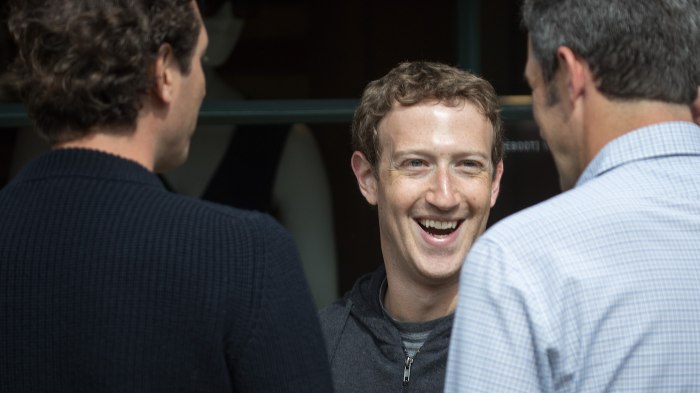Facebook Has Nuked Ad Blockers, For Now
Using Facebook is a trade. You get a way to socialize over the Internet, and the company gets to rent out your eyeballs to advertisers.
But today Facebook signaled that it thinks millions of people are cheating on that deal by using ad-blocking browser extensions. The social network says that it will start tweaking its site in a way that allows its ads to evade ad blockers.
Things could now get interesting, since the developers of ad blockers will set out to evade Facebook’s blocker blockade to keep their many users happy. Ad industry estimates suggest that between 45 and 70 million people in the U.S. use an ad blocker on a desktop computer. Adblock Plus, the most popular blocker, reports more than 100 million active users and even takes money from Google and others to let certain ads through.

Adblock Plus and its competitors are already in an arms race with companies attempting to neutralize them. But those solutions aren’t 100 percent effective. Facebook should be able to make more powerfully block-resistant ads. It has more resources at its disposal than conventional media companies do, and more control over the way it serves up ads.
The design of ad blockers exploits the fact that when you visit a Web page, any ads are usually loaded from Web domains other than the one providing the main content. (This is because publishers usually outsource hosting and display of ads.) Tools like Adblock Plus and uBlock work by using a blacklist to block out domains known to host ad content, so ads never load.
Facebook appears to be saying that it can neutralize the blacklists that power ad blockers. If the company serves up ad content and content such as your friends’ photos from the same sources, then the ad blockers simply won’t work.
Ad blockers won’t necessarily be shut out for good, though. Facebook clearly labels ads using slugs such as “Sponsored” so as not to confuse its users. That provides clues in the makeup of a Web page that an ad blocker could be designed to interpret. Facebook has fired a powerful opening shot in its war on ad blockers, but it probably won’t be the last.
(Read more: Wall Street Journal, New York Times, “The Ad Blocking Kingpin Reshaping the Web as He Prefers It,” “Are Ad Blockers Needed to Stay Safe Online?”)
Keep Reading
Most Popular
Large language models can do jaw-dropping things. But nobody knows exactly why.
And that's a problem. Figuring it out is one of the biggest scientific puzzles of our time and a crucial step towards controlling more powerful future models.
The problem with plug-in hybrids? Their drivers.
Plug-in hybrids are often sold as a transition to EVs, but new data from Europe shows we’re still underestimating the emissions they produce.
Google DeepMind’s new generative model makes Super Mario–like games from scratch
Genie learns how to control games by watching hours and hours of video. It could help train next-gen robots too.
How scientists traced a mysterious covid case back to six toilets
When wastewater surveillance turns into a hunt for a single infected individual, the ethics get tricky.
Stay connected
Get the latest updates from
MIT Technology Review
Discover special offers, top stories, upcoming events, and more.